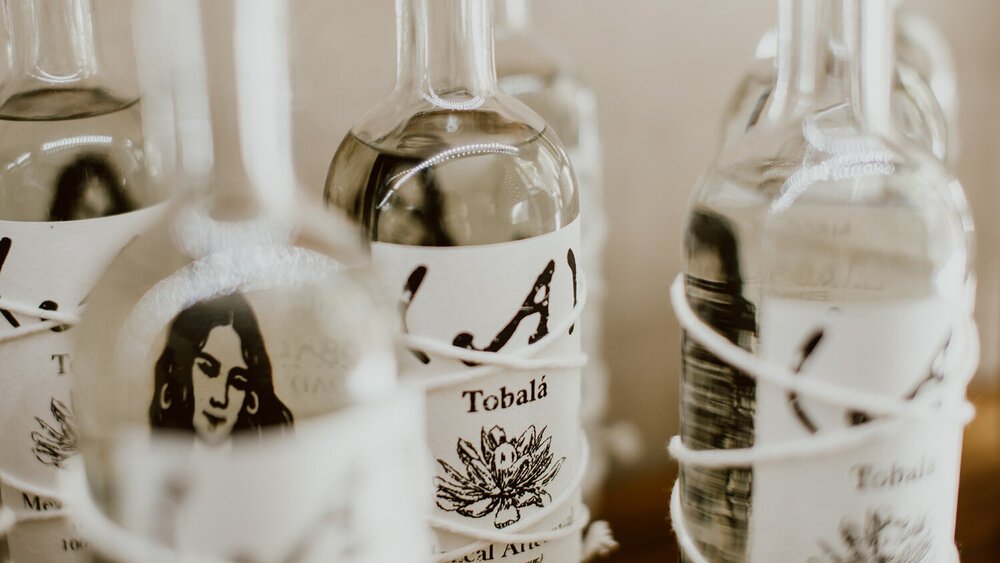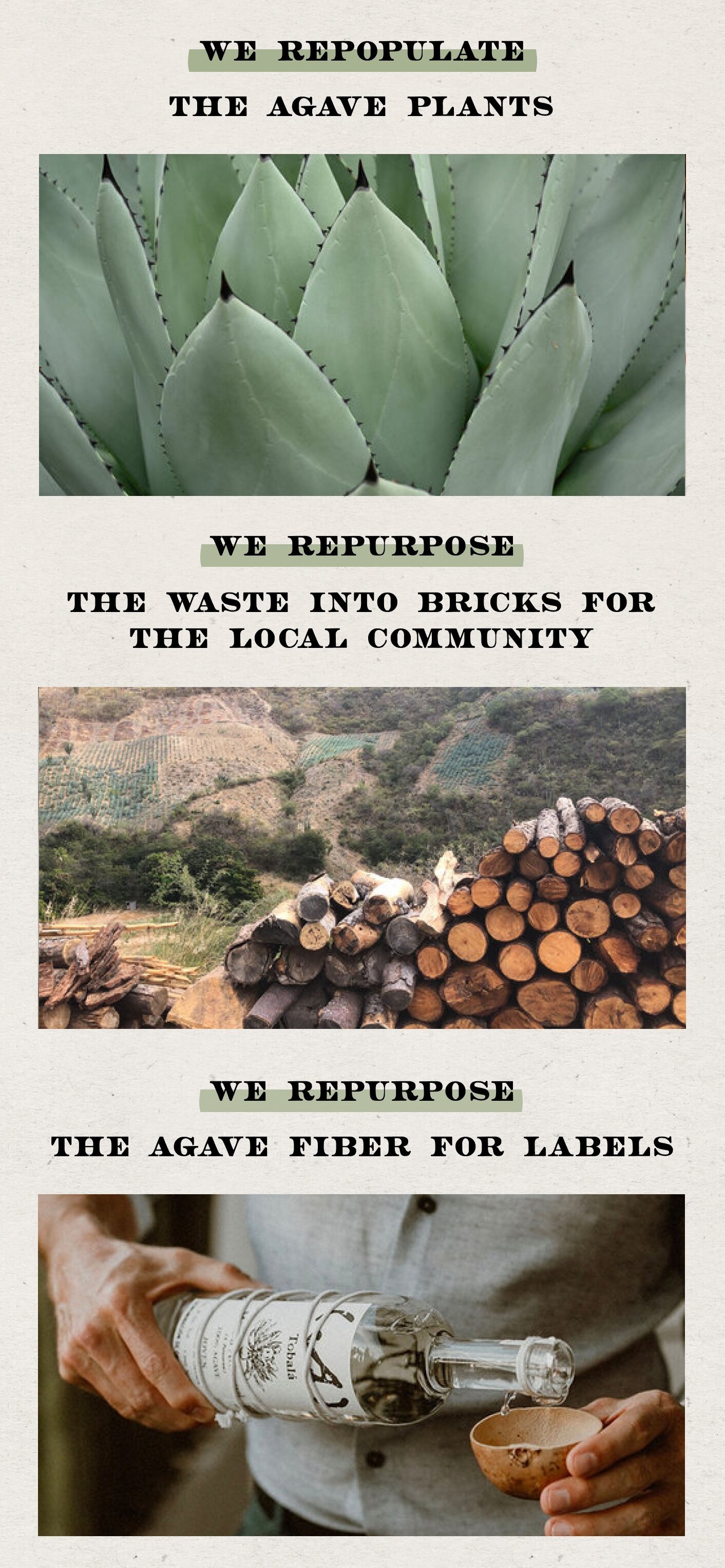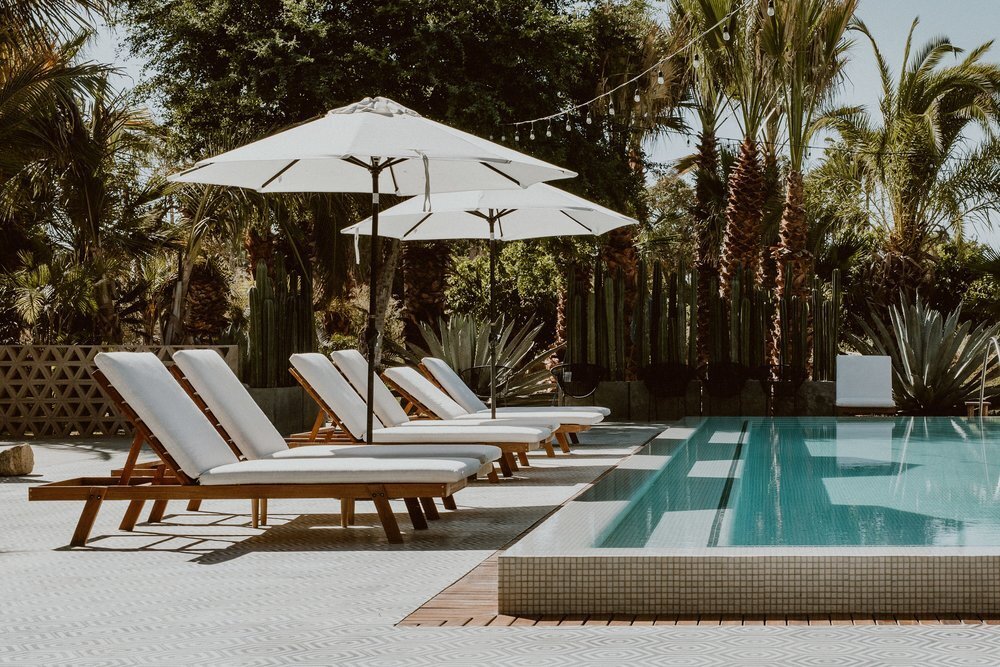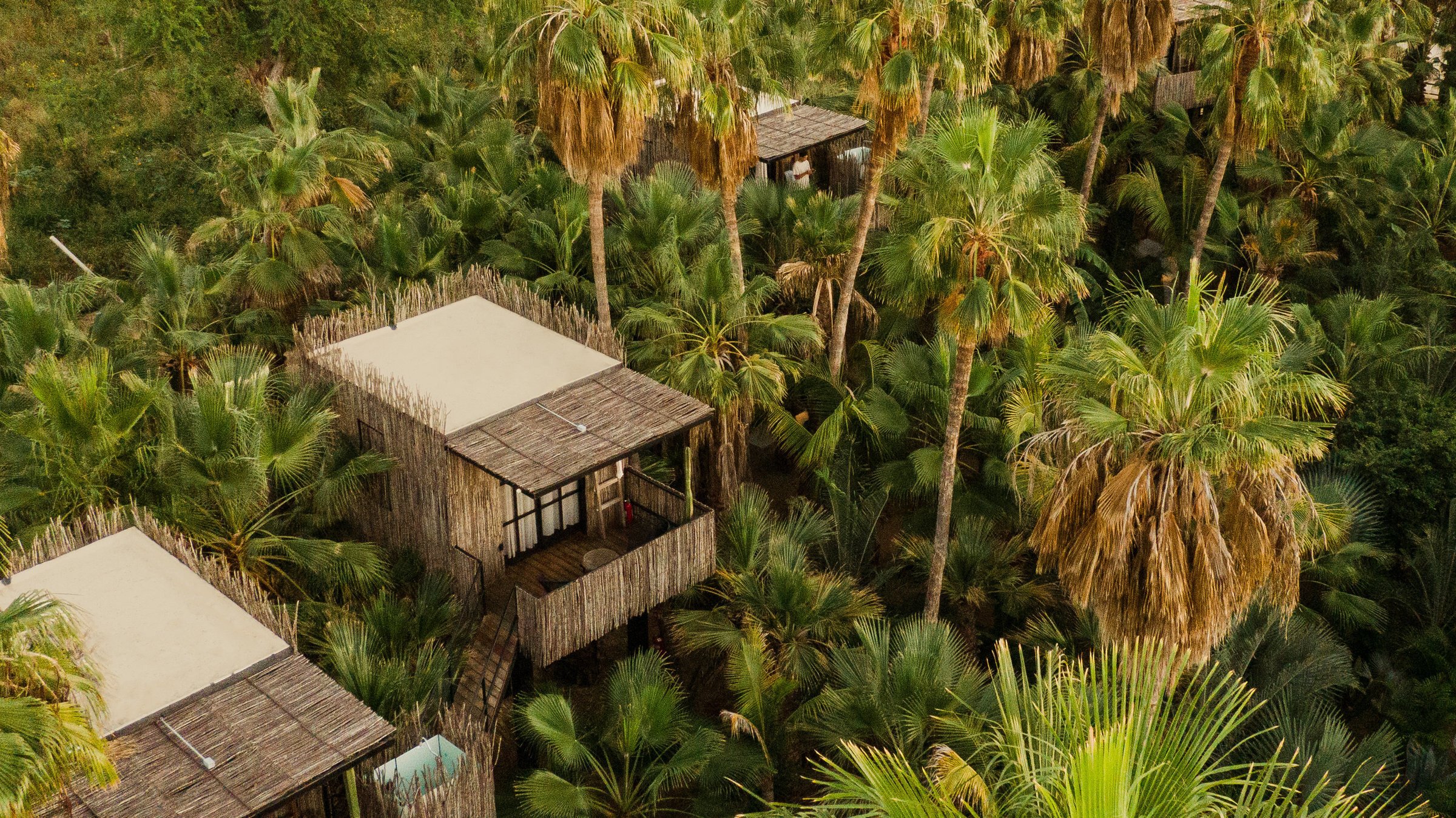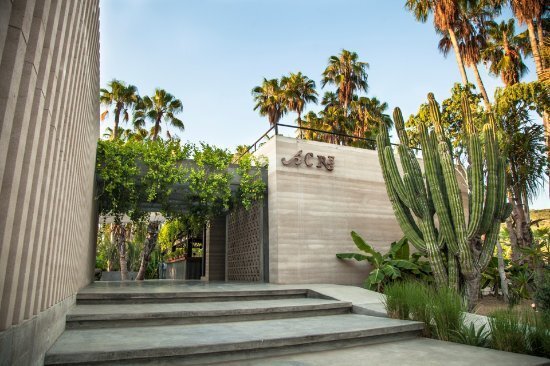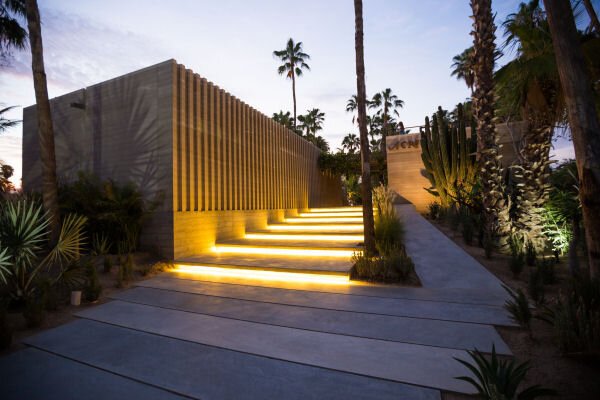Another Day, Not Just Another Mezcal
Despite the fact alcohol isn’t a huge part of my social life, when I do indulge, mezcal/tequila have always been my go-to’s, particularly due to the great taste, and its lack of weary side effects.
For the longest time, my perception was that mezcal/tequila was just another “kind” of alcohol to drink, however, after a little self-education, I quickly learned that there is a whole world of health, creativity, and momentous labors of love that go into producing this Mexican spirit.
For example, from a health perspective, its plant-based “roots” from agave give both mezcal and tequila prebiotic elements called agavin which not only allow for the fermentation process, but also prevent the rise of blood sugar. To boot, both are carb-free as well as the only types of alcohol that have stimulant elements, due to their lack of additives or sweeteners, which thus prevent the tiredness aspect that many hard alcohols induce. And while the health aspect is very unique to tequila/mezcal, it is, in my opinion, the labor of love and the spiritual rituals that go into harvesting mezcal that truly make this beverage so special.
With that in mind, and although there are many different producers of Mezcal, Acre Mezcal commits a sense of sustainability, culture, history, pride, and love into each and every bottle, making them truly special – which is affirmed by their Double Gold Medal and 3x Silver Medal awards at the San Francisco World Spirits Competition – not a small feat if you ask us.
To give us more insight on the brand and what makes Acre’s tequila unique, we sat down with Jordan Haddad, President of Acre Mezcal, to educate us on questions we’ve been curious about, like what the difference is between mezcal and tequila, the importance of spirituality, and the details that prove their mission to communally and sustainably give back.
The Tidalist: Mezcal has a pretty wide range of flavors based on many different factors. There are, of course, many different players within the world of mezcal and tequila, and having tasted a good variety. I can say that Acre’s Mezcal is definitely one of the better ones I’ve had! What do you think makes Acre so special and differentiates itself in such a crowded space?
Jordan Haddad: First, so glad that you’ve enjoyed our mezcal! I would say the differentiators that set Acre Mezcal apart are 1. The quality of the product 2. The packaging and 3. Our authentic story and what we stand for.
Currently, we work with two of the best mezcal producers in the world, Honorato Cruz-Molina of Oaxaca and Jorge Burciaga of Durango. They are both fourth-generation mezcal producers from rural villages and true masters of their craft. All of our mezcals are artisanally made, which means there are no additives of any kind. As we say the only ingredients are agave, water, and love.
Our customers have really responded to our sustainable and eye-catching packaging. We use labels made out of repurposed agave fibers, allowing us to use the leaves of the agave plant in addition to the heart. Additionally, we have handwritten production information on the back of our bottles, adding to the handcrafted feel of our product as well as the transparency of the brand. We want our bottles to feel like a gift to whoever may be enjoying it.
Spirituality plays a very big part in the world of mezcal production. Can you share more about this and the ways in which it is incorporated?
JH: Yes! The spirituality and ritual surrounding mezcal is a huge part of its history. The agave plant was always sacred to the Aztec culture. The story goes that one day a lightning bolt hit an agave plant and mezcal came to be. They call mezcal “elixir de los dioses”, or elixir of the gods.
Today in Mexico you’ll see mezcal used in weddings, funerals, births, and everything in between. As the saying goes “para todo mal, mezcal. Para todo bien, tambien” which translates to “for everything bad, mezcal. For everything good, the same”.
You can see the spirituality in Acre Mezcal through the image on the inside of our bottle. It is the Aztec goddess, Mayahuel, who is the goddess of both agave and fertility. Additionally, through our brand messaging we try and invoke the sense of community and sharing that should come when someone sips their mezcal.
Agave is a plant that can be found in many places around the world. What has made Mexico such a hot hub for agave growth?
JH: For starters, in order for a product to legally be called Mezcal (or tequila), it has to be produced in specific regions in Mexico. Similar to Champagne having its origins in the specific region of France. Aside from that, much of Mexico provides an excellent climate for agave to thrive. Warmer subtropical zones are ideal and many species will thrive in the desert.
Sustainability is a very big part of the brand’s ethos. The producers, the Burciaga family of Durango and the Cruz-Molina family of Oaxaca, have been living off of the land for generations. What is a day in the life of someone who works on the tequila farms and how has creating the brand help the company grows?
JH: Sustainability is very important to who we are at Acre Mezcal. In Durango, Jorge repurposes the waste of his mezcal production into adobe bricks that he donates to the local town. He also is currently operating a nursery for his Cenizo agave plants that he will use to repopulate the surrounding hillsides. With Honorato, to ensure the sustainability of the rarer Tobalá and Tepeztate agave plants, he allows at least 50% of the plants to reach full maturity in order to be pollinated by the local bat population. This unorthodox process fosters biodiversity and ensures a future abundance of the plant.
As a brand, we are committed to supporting the communities where our producers craft their amazing products. We pay above-market prices for the agave we use and view these families as partners in our operation.
Producing mezcal is a difficult, labor-intensive job. In harvesting and agave, after hacking away at the leaves with a machete knife, the agave heart (or piña) must be pulled from the ground. These things can weigh up to 400lbs! The piñas will then be hauled back to the palenque typically by donkey. Virtually no mechanical processes are used in the production of our mezcal, making it likely the most labor-intensive spirit in the world.
We know there is a great hotel, Acre, that is associated with the Mezcal. Can you tell us about how that venture came to be and how it plays into the brand’s story and inception?
JH: Our brand story originates from the gorgeous boutique Acre Resort in Los Cabos Mexico. We started as a hotel amenity for guests and the reception was so incredible that we decided to grow our production and share it with the world. Our brand captures the same Mexican authenticity, spiritual connection to nature and appreciation for life that the property evokes.

